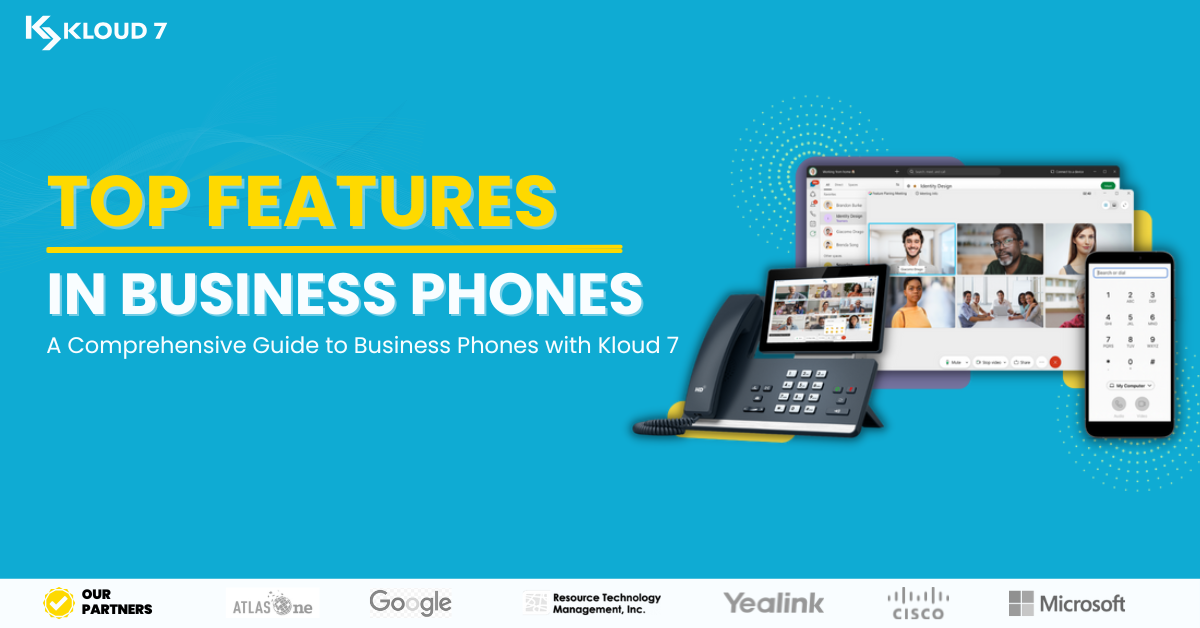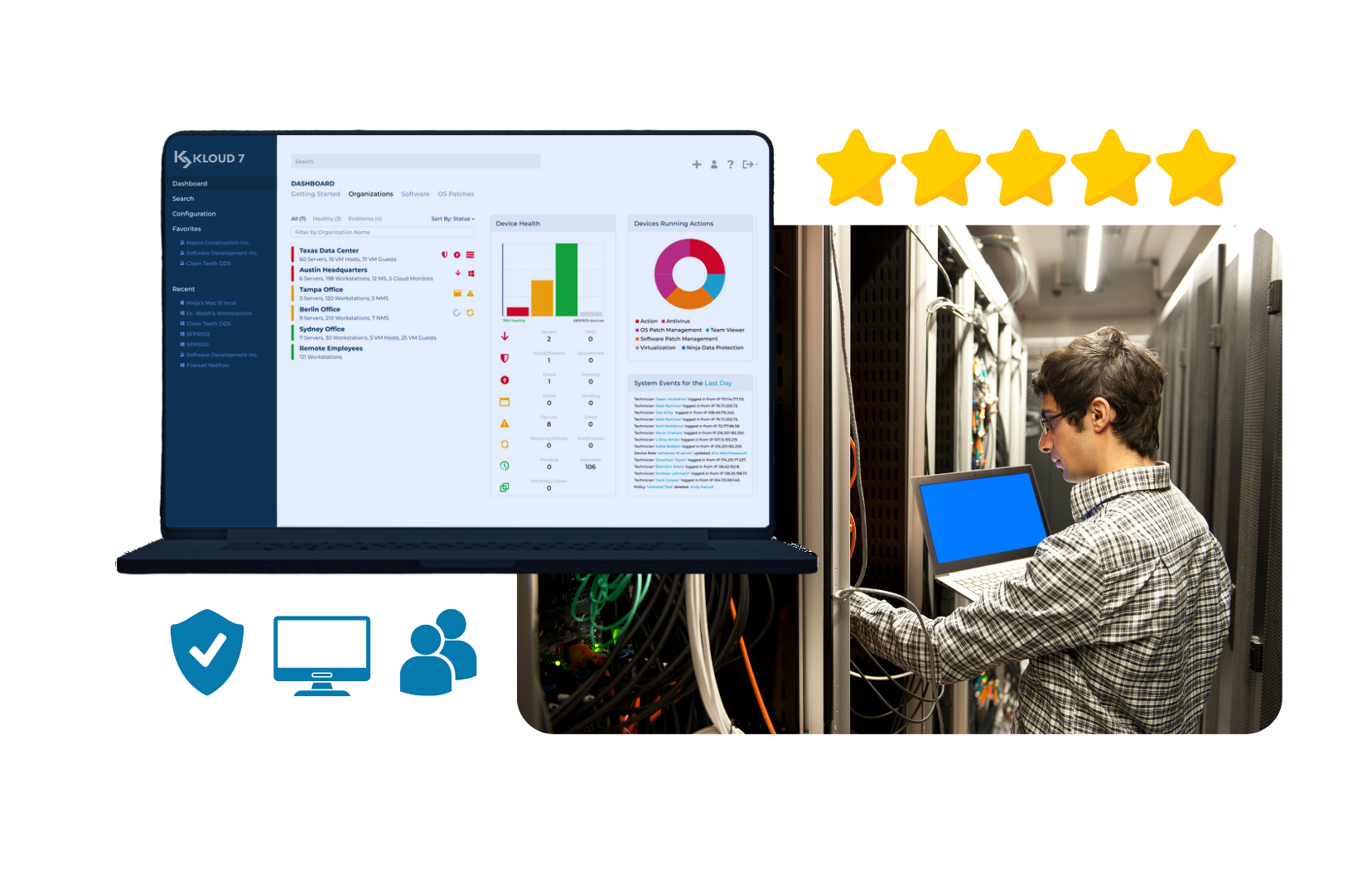What is a Voiceover?
Many of us have, at some point or another, heard of the word VoIP. But to understand the concept better, it is important to first understand what is a voiceover. Voiceover generally involves the process of placing a voice as narration or storytelling over something that did not have one originally.
What is a voiceover in terms of VoIP? In terms of VoIP, a voiceover is the process of sending voice messages over the Internet. So, what is VoIP? VoIP, which stands for Voiceover Internet Protocols and is sometimes called “Internet Telephony,” is the process of making phone calls over the Internet as compared to the traditional phone line system.
Communication is the key to a successful business. Every business needs an efficient and reliable communication channel to connect with its customers and convey its message to the audience. VoIP has revolutionized how businesses work and how they communicate in their daily routine. VoIP is a fairly new technology and did not gain that much popularity during the 80s and 90s; however, owing to the rapid growth of the internet, VoIP technology also picked up growth, and businesses rapidly started adopting the technology.
What is a VoIP Caller?
Now that we have established that VoIP is the process of communicating over the internet, we will delve deeper into the intricacies of VoIP, starting with the terms VoIP caller and VoIP number. What is a voiceover IP caller? So, a VoIP caller is defined as someone who is making a call over the internet using VoIP technology. It may include businesses or individuals. A VoIP caller displays that they are using a VoIP system to make a call.
However, this is not pertinent to every call made through VoIP. It may be possible that the everyday calls that you receive are from a VoIP user, but you don’t see a ‘VoIP caller’ calling you. This can be because the other person is using a caller ID or has integrated their local phone number into the VoIP system.
What is a Voiceover IP Number?
Similarly, VOIP number is another technical term related to VoIP technology. What is a voiceover IP number? A VoIP number is the number assigned to an individual who is a VoIP user. This is different from traditional phone lines, which require a device to be associated with the number. VoIP, on the other hand, does not require a specific device to be linked to the phone number. Rather, an individual can make phone calls using the same phone number on numerous devices.
VoIP Advantages and Disadvantages
Having acquainted ourselves with the setup of VoIP, it’s essential to evaluate VoIP advantages and disadvantages. Making an informed decision for your business requires a comprehensive understanding of what the system can offer and the potential challenges you might face. To simplify this for you, here’s a table breaking down VoIP advantages and disadvantages:
| Advantages | Disadvantages |
| A VoIP system is often cheaper than regular telephone lines. | A VoIP system relies heavily on the internet, which means that a poor connection can result in call quality issues. |
| VoIP lines offer flexibility for the user to make calls from anywhere using the internet. | Along with the internet, a VoIP system requires power to be functional. |
| It allows you to easily add or remove phone lines and, hence, aids scalability. | Since it is an internet-based system, it can be easily hacked into and is under constant threat of cyberattacks. |
| It allows users to integrate with business CRM software. | The call quality may be variable depending on the service provider, the equipment, or the bandwidth. |
VoIP is without a doubt a revolutionary communication technology, particularly for businesses. Its advantages can outweigh its drawbacks, especially if precautions are taken to eliminate the difficulties.
A Guide to VoIP Phone Installation:
While traditional phone lines used copper wires and telephone devices to transmit data. VOIP technology uses the internet to transmit voice data from one device to another. Following is a complete guide to VOIP phone installation, including the necessary software and hardware required to set it up effectively. Following is a list of steps that you can follow to install a VOIP system. Starting with assessing your needs.
Step 1: Choose a reputable VOIP service provider for your business. Put in detailed research to find one that matches your business’s needs.
Step 2: The next step is to acquire the necessary equipment for the setup. This may usually include a VoIP-enabled phone (or an adapter or phone) with a modem and a router.
Step 3: Use an Ethernet cable to connect your VoIP phone or adapter to your modem.
Step 4: Turn on each device in Step 4. Typically, the router should come first, then the modem, and finally the VoIP phone or adapter.
Step 5: Set up the VoIP configurations. The majority of contemporary VoIP phones have an easy-to-use interface for entering settings supplied by your VoIP service provider. IP addresses, usernames, and passwords must typically be entered in this situation.
Step 6: Make a test call after the configuration is finished to make sure everything is operating as intended.
By following these steps, one can easily set up a VoIP phone system for whatever purpose they need to fulfill. Now we are moving on to the necessary equipment that is required for VoIP phone installation.

Necessary Equipment for VoIP Phone Installation:
- VoIP Phone: This depends on the type of VoIP service you require. It mainly depends on whether you will be using an existing telephone with an adapter or a dedicated VoIP phone.
- Modem or Router: A modem or router is essential for the internet connection. VoIP works on a dedicated and fast internet connection.
- Ethernet: An Ethernet cable that will be used to connect the devices
Conclusion:
Voice over Internet Protocol (VoIP) has revolutionized the communications sector by promoting flexibility, scalability, and cost-effectiveness. It differs from conventional telephony by utilizing the internet to provide a variety of communication options. Despite its many benefits, businesses and individuals should be aware of any potential drawbacks, particularly concerning internet dependence and security issues. However, VoIP’s impact on redefining how we communicate is undeniable as technology continues to advance and solutions to lessen its drawbacks are created. It is in our best interests to maximize its advantages, take the time to understand its nuances and use it for both personal and professional purposes.




